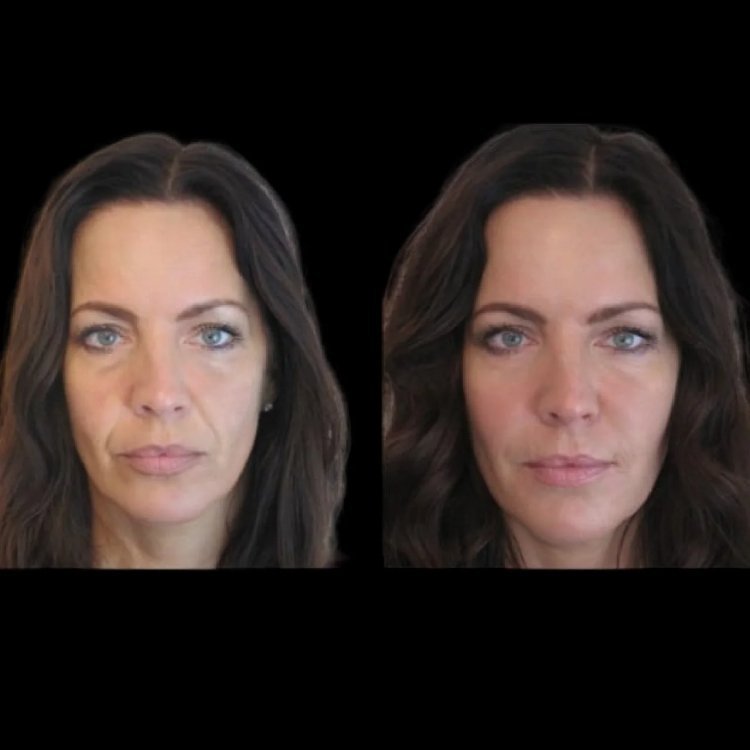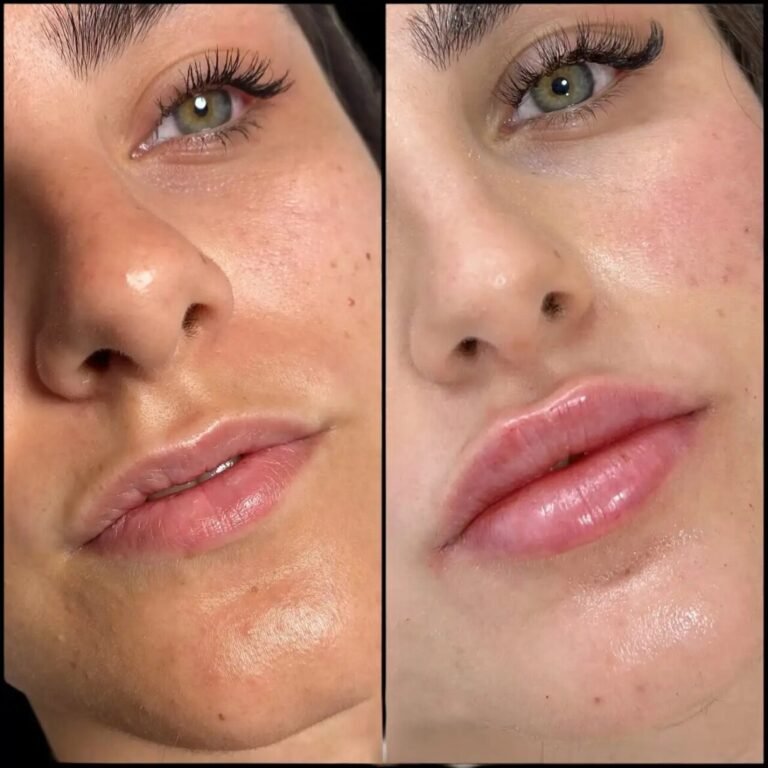Bruxism, or teeth grinding, is a condition that often goes unnoticed until significant damage has occurred. However, recognizing the early warning signs can help prevent long-term oral health issues. Many people don’t realize they’re grinding their teeth—especially if it happens during sleep. If you suspect you’re affected, it’s important to explore your options for care, such as Teeth Grinding Treatment in Dubai, where top dental clinics provide advanced solutions to help protect your teeth and jaw before the damage becomes irreversible.
What Is Bruxism:
Bruxism refers to the involuntary grinding, clenching, or gnashing of teeth, often occurring during sleep or stressful situations. It can affect children, teenagers, and adults alike. There are two main types: awake bruxism and sleep bruxism. While the causes may vary, the consequences can be equally damaging. Early detection and intervention are critical, as untreated bruxism may lead to tooth fractures, jaw disorders, and chronic pain.
Subtle Signs You Might Be Grinding Your Teeth:
Bruxism often begins silently, showing signs that are easy to dismiss or misattribute. Understanding these early symptoms is the first step toward preventing serious dental problems.
Look out for these indicators:
-
Jaw tension or discomfort, especially in the morning
-
Occasional headaches that start at the temples
-
Slight tooth sensitivity or discomfort while chewing
-
Clicking or popping sounds in the jaw
-
Unexplained wear on teeth or minor chipping
-
Feeling unrested after a full night’s sleep
These subtle symptoms may not seem alarming at first, but they can escalate if ignored.
Physical Effects on Your Teeth:
One of the most visible impacts of bruxism is the damage it causes to your teeth. Grinding exerts excessive pressure that can wear down or crack enamel over time. If not treated early, this can lead to permanent tooth damage and costly dental procedures.
Signs of physical damage include:
-
Flattened or worn tooth surfaces
-
Tiny cracks or chips, even in healthy teeth
-
Receding gums due to excess pressure
-
Loose or shifting teeth
-
Increased tooth sensitivity to hot or cold
Routine dental checkups can help detect these changes before they progress too far.
Impact on Jaw and Facial Muscles:
Bruxism doesn’t only affect your teeth—it also puts stress on your jaw joints and surrounding muscles. This can lead to discomfort and chronic pain, particularly if grinding occurs at night and goes unnoticed for long periods.
Symptoms affecting the jaw and face include:
-
Stiffness or soreness in the jaw
-
Difficulty opening or closing your mouth fully
-
Soreness in the face, neck, or even shoulders
-
Ear pain not caused by infection
-
Clicking or locking of the jaw joint (TMJ)
These symptoms may point to temporomandibular joint disorder (TMD), a common consequence of long-term grinding.
Behavioral and Emotional Triggers:
Bruxism is often linked to emotional or psychological stress. If you find yourself clenching your jaw during work or waking up with tension in your face, stress may be playing a role. Addressing the root emotional triggers can help reduce the frequency and intensity of grinding episodes.
Common behavioral causes include:
-
High-stress jobs or emotional pressure
-
Anxiety or general nervousness
-
Anger or frustration management issues
-
Concentration habits, such as clenching while focusing
-
Sleep disorders like insomnia or apnea
Keeping a journal of your habits can help you connect emotional triggers to physical symptoms.
Importance of Early Diagnosis:
The earlier bruxism is detected, the easier and less invasive the treatment will be. Delayed diagnosis can result in severe dental wear and jaw problems, requiring more extensive and costly corrective procedures. A dental professional can spot early signs through physical exams, bite assessments, and digital scans.
Benefits of early diagnosis include:
-
Prevents costly restorative dental work
-
Reduces the risk of TMJ-related disorders
-
Improves sleep quality by addressing root causes
-
Allows for non-invasive solutions like night guards
-
Preserves natural tooth structure and alignment
Taking early action ensures better long-term oral and overall health.
Teeth Grinding Treatment Options in Dubai:
If you’re experiencing signs of bruxism, seeking Teeth Grinding Treatment in Dubai offers access to advanced care and specialized dental professionals. Clinics in Dubai are equipped with the latest technology and personalized treatment plans tailored to your needs.
Treatment options include:
-
Custom night guards: Worn during sleep to prevent tooth-on-tooth contact
-
Orthodontic adjustments: Correcting misaligned bites that may cause grinding
-
Botox injections: Temporarily relax jaw muscles in severe cases
-
Stress management therapy: Helps address emotional triggers of grinding
-
Lifestyle recommendations: Including dietary changes and sleep improvement
A comprehensive approach from Dubai’s top dental experts ensures your treatment is both effective and sustainable.
How to Monitor Bruxism at Home:
While professional diagnosis is essential, there are several ways you can monitor symptoms at home. Awareness and self-observation can help you decide when it’s time to consult a dentist.
Home monitoring tips include:
-
Check your teeth and jaw for soreness in the morning
-
Use a sleep tracking app to detect disturbances
-
Ask your partner if they hear grinding at night
-
Avoid hard or chewy foods and notice if discomfort increases
-
Record headaches or tension patterns throughout the day
Tracking your symptoms over time gives your dentist more information for an accurate diagnosis.
When to Seek Professional Help:
Don’t wait for pain or visible tooth damage before seeking help. Early symptoms may seem minor, but bruxism tends to worsen with time. Scheduling a dental consultation ensures you’re on the right path to treatment and relief.
Seek help if you notice:
-
Frequent jaw or facial soreness
-
Sudden increase in tooth sensitivity
-
Visible flattening or chipping of teeth
-
Chronic morning headaches
-
Difficulty opening your mouth comfortably
Even if symptoms are mild, early intervention makes a significant difference in outcomes.
Final Thoughts:
Bruxism is a silent condition that can quietly wreak havoc on your teeth, jaw, and sleep quality. The key to avoiding serious damage is recognizing the early warning signs and acting promptly. From jaw tension and subtle tooth wear to stress-related habits, the clues are there—if you know where to look. Fortunately, Teeth Grinding Treatment in Dubai offers comprehensive, expert-led solutions designed to stop the damage before it starts. Whether it’s a custom night guard, orthodontic treatment, or stress management, early diagnosis is your best defense. Protect your teeth, sleep, and overall well-being by taking action today.





